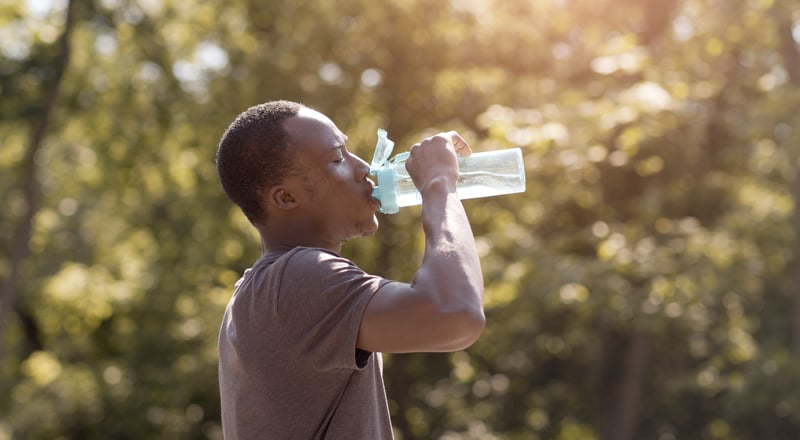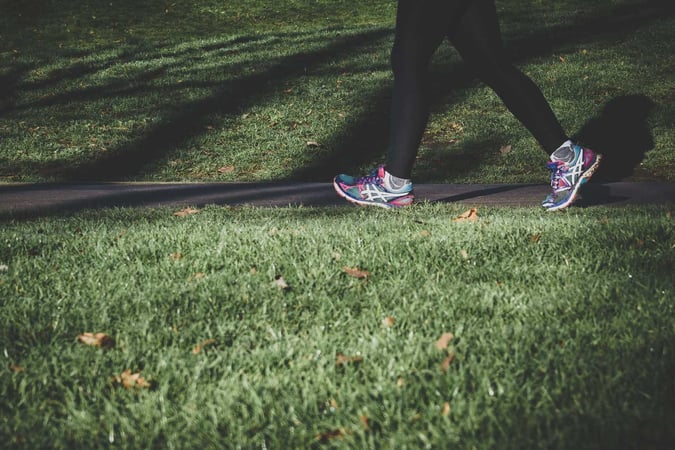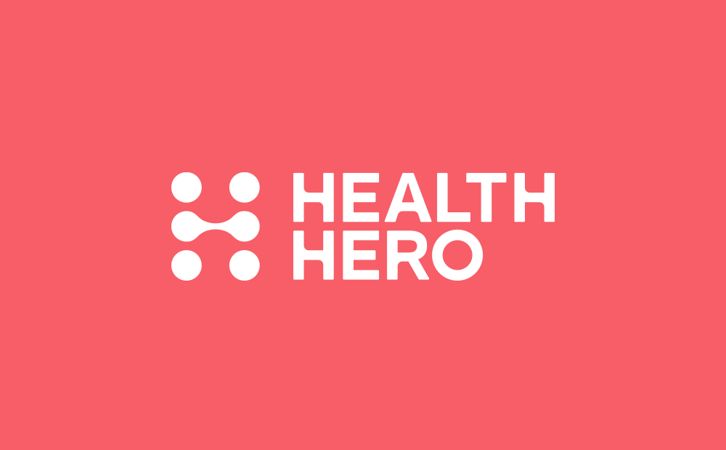.jpg?width=1729&height=989&name=image%2018%20(1).jpg)
HealthHero Assist EAP
Support your team's mental health with our Employee Assistance Programme
We understand your needs
Support when it's needed most
In an era of hybrid working and tough economic conditions, supporting mental health is essential for productivity and wellbeing. We offer practical mental health tools with measurable outcomes.
24/7 access, on-demand
Patients can access counselling services on-demand, by phone, live chat, email and video, 24/7, 365 days a year.
Flexible, customisable services
Assist EAP services can be layered up to match your organisations' needs. Enjoy the flexibility and cost savings of a more tailored healthcare solution.
Seamless integration
Services slot in to your existing channels with ease. Choose how they are delivered; whether it's through branded web apps or API integrations.

The HealthHero Difference
Healthcare at scale
We're using our combined 25+ years sector experience across retail, banking, travel, utilities to simplify healthcare and improve lives. With a national network of mental health specialists across UK & Ireland, we have the available people and the resources to provide healthcare at scale.
Gold-standard care
We're a registered EAP provider with a robust quality and governance framework. Our clinicians are registered members of BACP, BPS, UKCP, HCPC and COSCA and meet standards over and above industry expectations.
True flexibility
Patients enjoy a better standard of healthcare that can be accessed when and where they need it. Organisations enjoy customisable services delivered through our web app or through API integration.
Our solutions
Our next-generation Assist Employee Assistant Programme is customisable and scalable. Build a package of healthcare solutions to meet your organisation's needs.

Counselling, triage and support
We provide confidential support and counselling services 24/7, 365 days a year. Patients can access services on-demand via phone, video, live chat, messaging.

What’s available?
For service users
For organisations

Psychological services
Our ‘stepped care model’ gives individuals with more serious mental health problems longer term support. We help employers to understand individual conditions better so they can offer meaningful support.

What’s available?
For service users
For organisations

Critical incident management services
We offer support to individuals or groups suffering from traumatic or critical events. We facilitate the recovery process, improve resilience and morale, and reduce the risk of long-term, stress-related illness.

What’s available
For service users
Our dedicated Critical Incident (CI) Team can assess individuals and groups and recommend specific support, including:
For organisations

Training services
We give managers and teams a framework to help manage mental health at work. We also give employees the confidence to help their colleagues using supportive conversation practices.
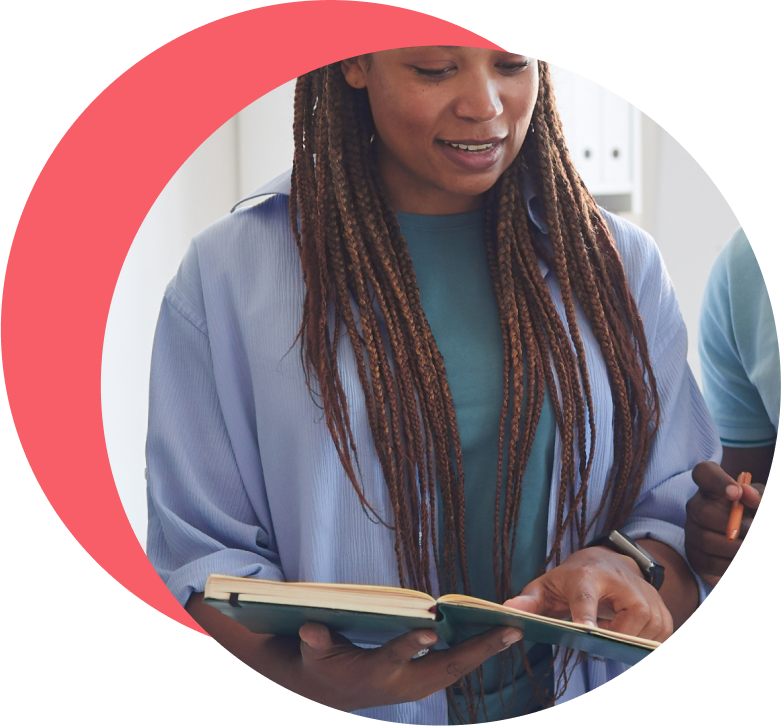
What’s available
For service users
For organisations
Meet our 24/7 virtual GP
Access to our 24/7 virtual GP could reduce absenteeism and get employees fitter, faster.



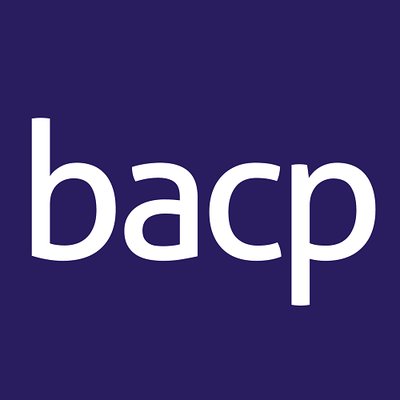
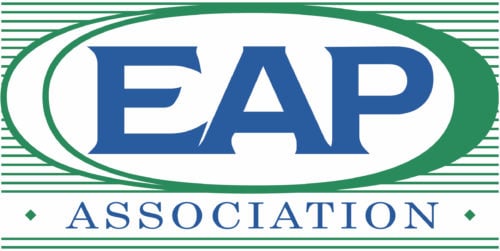
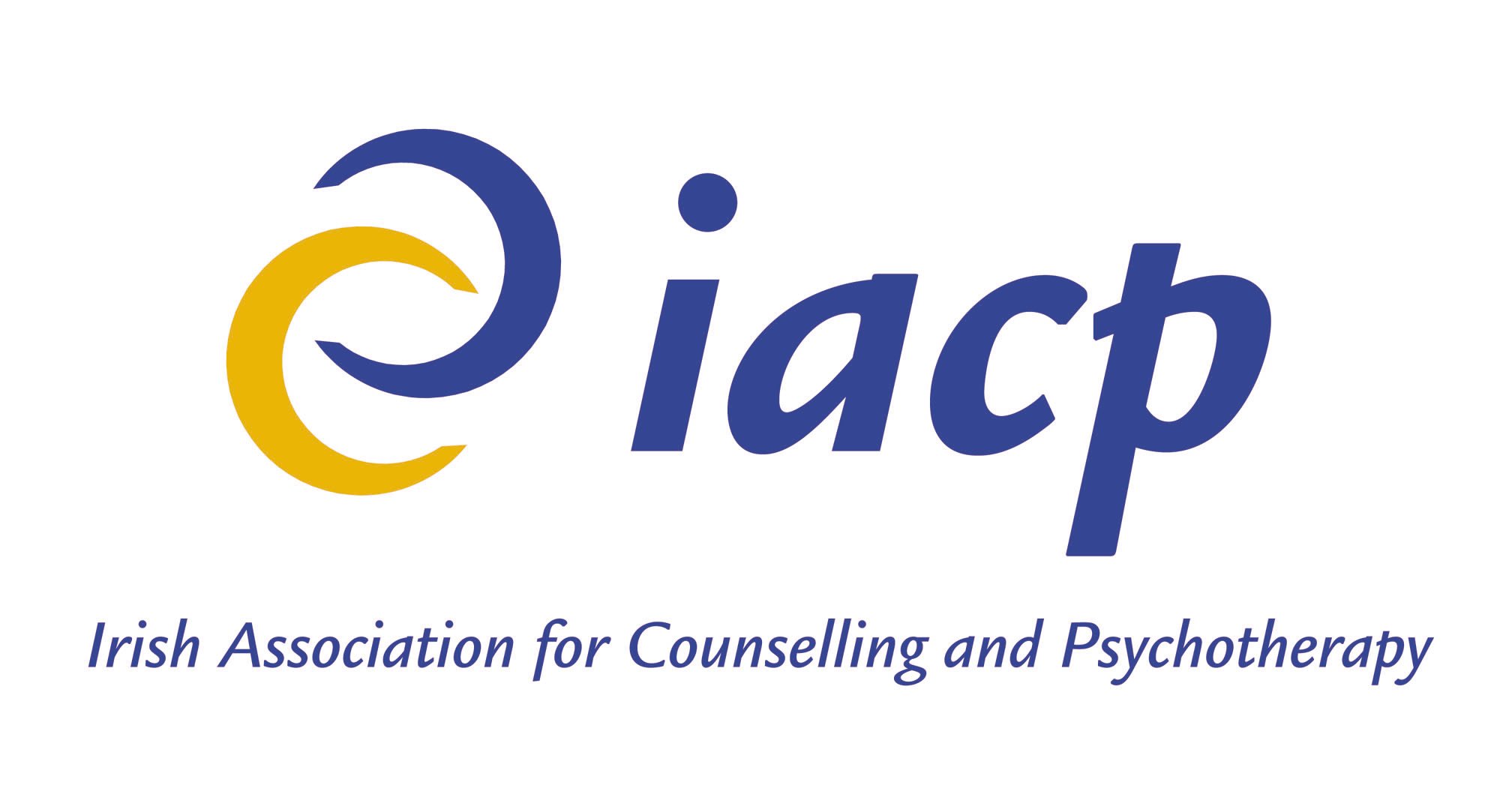
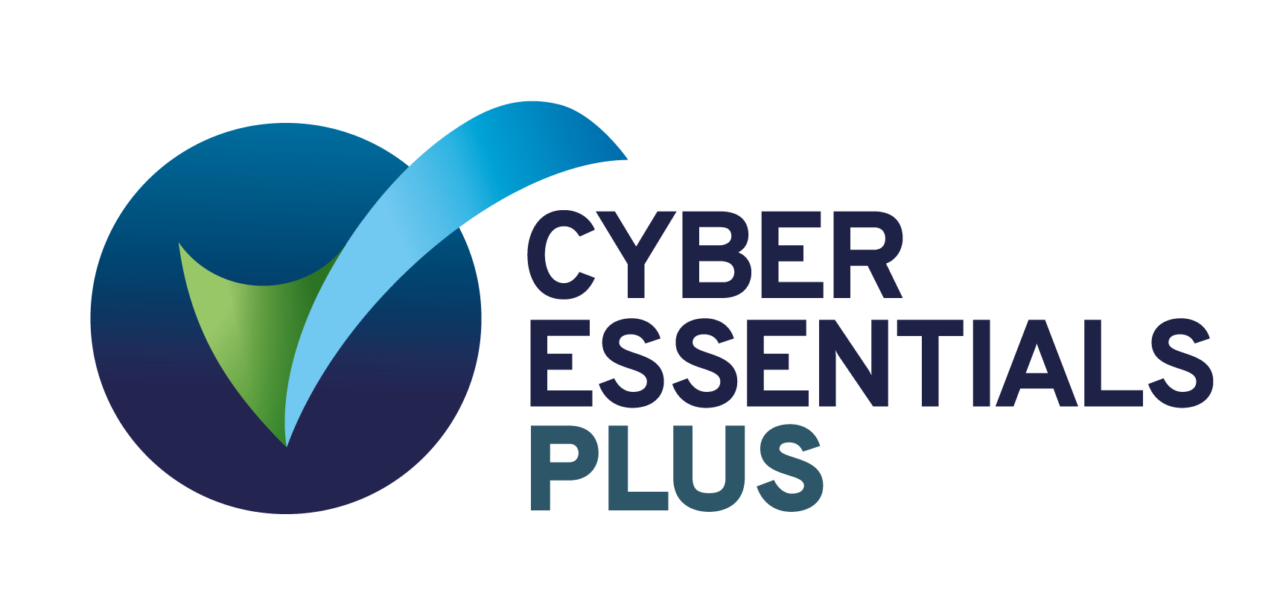





















Whole-health support for happier, more resilient teams
With Symbio, all your employees have access to virtual consultations with GPs, Mental Health Counsellors and Physiotherapists along with preventative, personalised self-care
.png?width=1699&height=1716&name=Symbio%20App%20(1).png)
Get in touch
We would love to hear from you.
You can get in touch by using the form.

News and Resources
Supporting millions of patients and thousands of businesses across Europe

